About
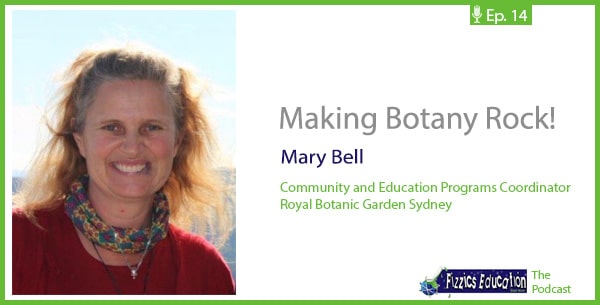
A botanic garden is more than just a collection of pretty flowers; they’re a living laboratory used by botanists, plant pathologists, historians, geologists, students and more. In this podcast Mary Bell tells us how students can learn about our landscapes, vegetation and heritage whilst visiting one of Australia’s premier outdoor spaces. From the science of chocolate to plant collections created by Sir Joseph Banks, the Royal Botanic Garden Sydney is certainly thriving in the heart of the city.
About Mary Bell
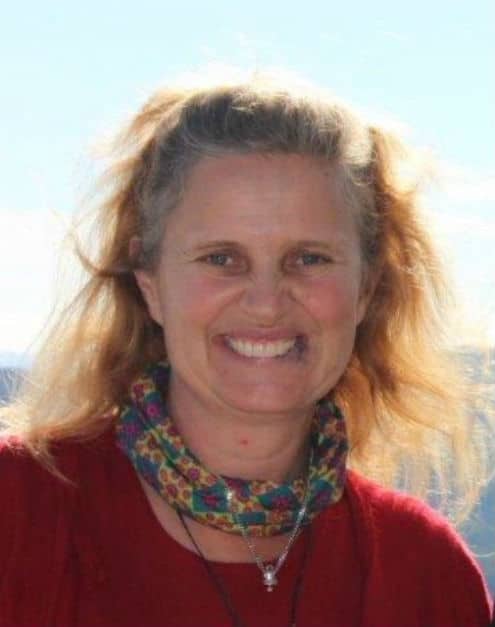
Mary Bell from Royal Botanic Garden Sydney
Mary has over 20 years’ experience in creating, coordinating and delivering and managing environmental education in a variety of public, education sector and cultural organisations from botanic gardens to museums and city farms. Currently she is the Community and Education Programs Coordinator for the Royal Botanic Garden Sydney and The Blue Mountains Botanic Garden Mount Tomah. She is extremely passionate about plants and the important role they play in our world. Mary loves to share science with students and learn along with them to help inspire scientists of the future.
Top 3 Learnings
- Use history, language and stories from your surroundings to teach the science in context. Many of our guests on the FizzicsEd Podcast consistently have talked about the value of placing discoveries into the time period in which the knowledge was discovered. It creates much more meaning for students and over time it will help learners make better connections between different subject matters.
- Check out a herbarium! Archiving specimens is critical to learn about plant structure and for comparison against other specimens – visiting a herbarium or a living arboretum can be fascinating, especially when some of the specimens can be over one hundred years old. Why not create your own plant collection using simple materials such as newspaper, heavy books and some sheets of A3 paper?
- Be a little cheeky! Mary talked about the world’s largest seed as the ‘bum’ seed! You could imagine this would get a smile from the students listening… which means they’re paying attention! Whilst we want to hold a certain amount of decorum when running lessons there is still value in using student’s language where possible as it makes your lessons more relatable.
Further contact details & resources
- Email: Mary.Bell@bgcp.nsw.gov.au
- Twitter https://twitter.com/RBGSydney
- Web https://www.rbgsyd.nsw.gov.au/
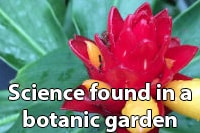
Science found in a botanic garden
- Check out the glass flowers from The Ware Collection of Blaschka Glass Models of Plants at the Harvard Museum of Natural History!
About the FizzicsEd Podcast
With interviews with leading science educators and STEM thought leaders, this science education podcast is about highlighting different ways of teaching kids within and beyond the classroom. It’s not just about educational practice & pedagogy, it’s about inspiring new ideas & challenging conventions of how students can learn about their world!





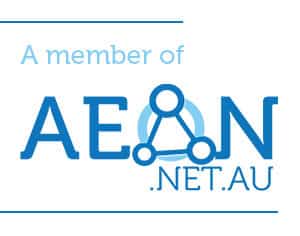























Comments